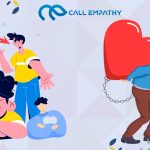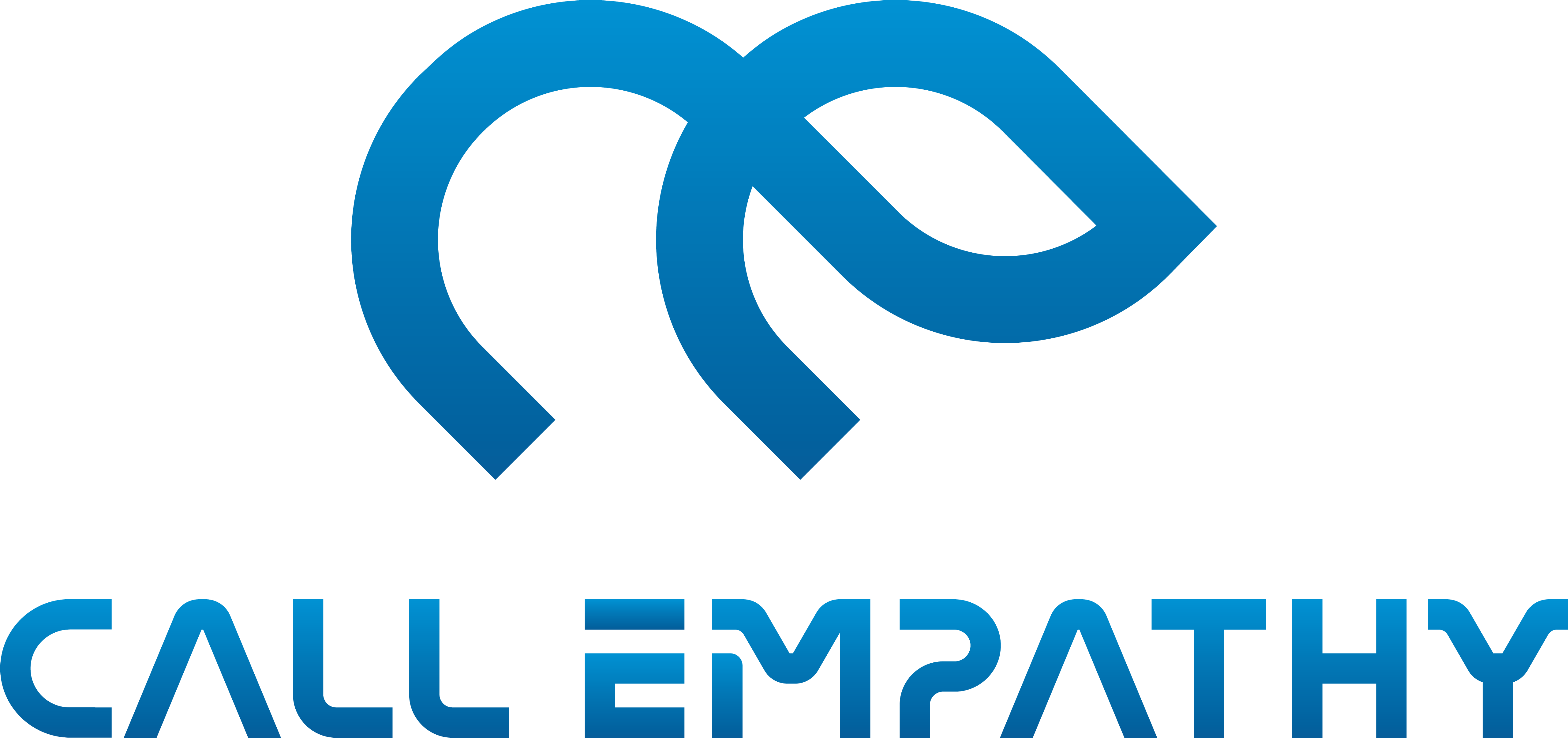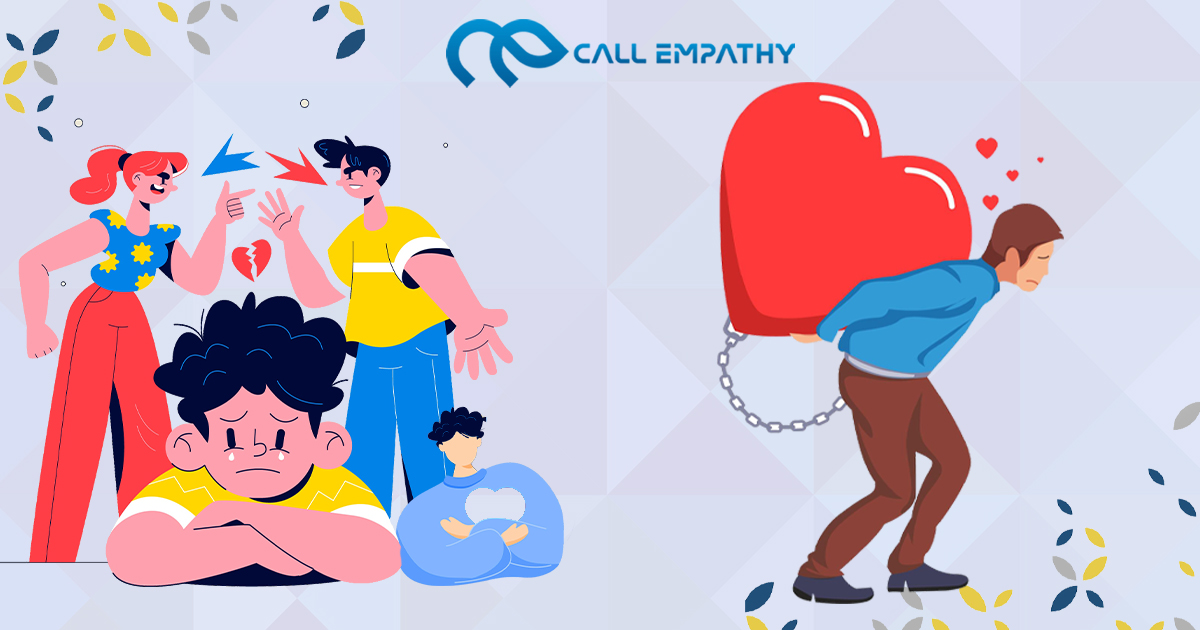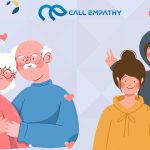Introduction
Romantic love is a profound emotional state that holds evolutionary significance for humans. However, for a minority, it can escalate into an addiction, akin to behavioral dependencies. This love addiction manifests as an excessive preoccupation with romantic partners, leading to adverse effects on various aspects of life. Differentiating it from healthy love experiences are its detrimental consequences, including dysfunctionality in everyday life activities.
Characteristics of Love Addiction
Love addiction exhibits various characteristics, including an obsession with the love object, increased time spent thinking about or with the loved one, attempts to alleviate emotional distress through the relationship, difficulty in reducing time spent with the love object, withdrawal symptoms, and interference with daily activities.
Consequences and Psychological Impact
Love addiction correlates with a diminished quality of life, heightened psychological distress, such as alexithymia and depression, and lower self-esteem and self-directedness compared to individuals in healthy relationships.
The Role of Childhood Trauma
Childhood trauma, ranging from abuse to neglect, significantly influences the development of love addiction. Traumatic experiences during childhood alter neurological, interpersonal, and psychological facets, predisposing individuals to addictive behaviors, including pathological love.
Unbalanced Family Functioning
Childhood trauma often disrupts family dynamics, leading to compromised family functioning characterized by weak emotional bonds and rigid or chaotic structures. Such dysfunctional family environments serve as a breeding ground for various forms of addiction, including love addiction.
The Present Study
This study investigates the interplay between childhood trauma, unbalanced family functioning, and love addiction. By examining specific subdimensions of childhood trauma and patterns of family functioning, the study aims to elucidate their roles as potential risk factors for love addiction.
Findings and Implications
Emotional and physical abuse during childhood emerge as significant contributors to love addiction. These traumatic experiences influence love addiction both directly and indirectly through the mediation of dysfunctional family patterns. Understanding these dynamics can inform preventive measures and therapeutic interventions, emphasizing the integration of family context into treatment approaches.
Conclusion
Love addiction, stemming from childhood trauma and exacerbated by unbalanced family dynamics, poses significant challenges to individuals’ well-being. By unraveling these underlying factors, interventions can be tailored to address the root causes of love addiction, offering hope for recovery and healthier relationship dynamics.
Gori, A., Topino, E., Russo, S., & Griffiths, M. D. (2024). A pilot study on childhood trauma and love addiction: Exploring the mediation of unbalanced family functioning. Psychological Trauma: Theory, Research, Practice, and Policy. Advance online publication.
https://doi.org/10.1037/tra0001669

















